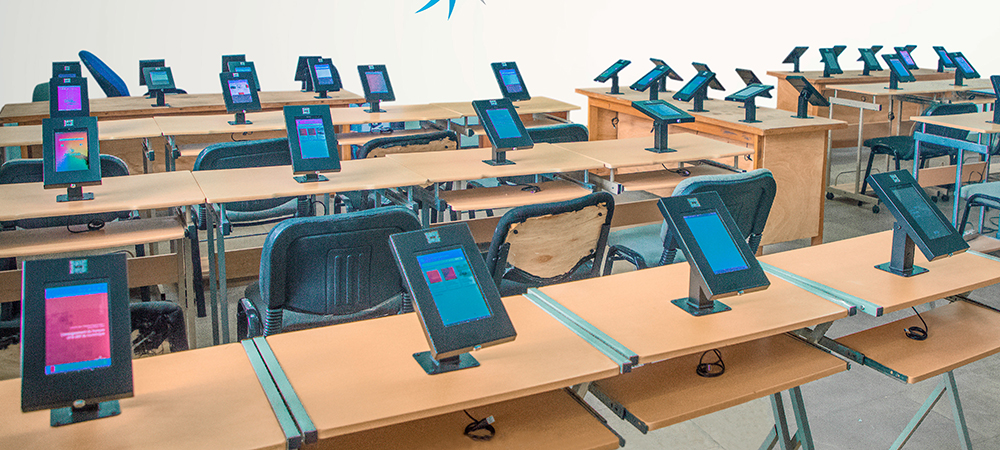Astria Learning, in partnership with the University of Kolwezi, UNIKOL has launched the first digital library in the Democratic Republic of Congo, DRC. This ground-breaking initiative aims to provide UNIKOL students and staff with access to a vast collection of e-books, journals, and other resources through the Astria Digital Library’s state-of-the-art technology platform, which enables institutions to create, deliver, and manage engaging and effective online learning experiences.
With both online and offline access, the virtual space created by the digital library offers thousands of e-books that have been specifically crafted to support research and learning according to techno-psycho pedagogical standards. This space will greatly benefit students, researchers, and professors by giving them access to a wide range of educational resources that were previously scarce in the DRC.
Moreover, the inauguration of the first digital library marks a significant milestone in achieving the country’s digitalisation objectives. In’s world, where technology is becoming increasingly essential, digital libraries present a unique opportunity to bridge the digital gap and ensure that education is accessible to all.
The launch of this digital library is a significant achievement for the DRC’s academic community, and it demonstrates the country’s dedication to innovation and progress.
According to Jeff Bordes, Astria Learning’s President, and CEO, “I believe that the DRC, with its abundant natural resources, possesses its greatest resource in the potential of its citizens. That is why we have developed this digital library to tap into the power of the mind and offer students and educators in the DRC access to millions of academic textbooks, journals, articles, and other current educational resources.”
Professor Yvon Mwengwe Muhongo, Vice Chancellor of UNIKOL, expressed his excitement by stating, “We are honoured to lead the digital transformation in the DRC. This digital library will be a game-changer for our academic community, and we eagerly anticipate its impact on education in the country.”



